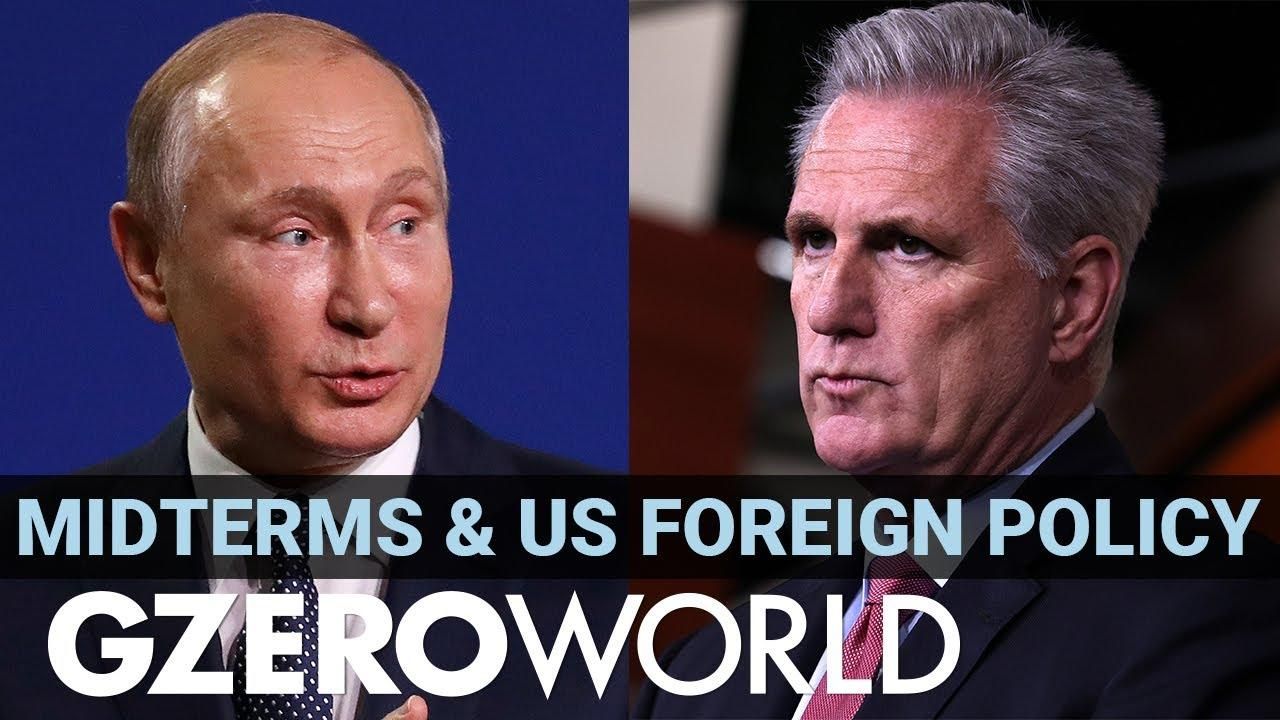GZERO World Clips
US foreign policy and consequences of midterm elections

How a GOP Congress Would Change US Foreign Policy | GZERO World

Republicans have a good chance of winning back the House after the US midterm elections. How might that impact America's foreign policy?
First, the GOP will start to question open-ended aid to Ukraine as inflation hits Americans hard, says Jon Lieber on GZERO World.
Second, Republicans will be more chummy than President Joe Biden toward Saudi Arabia and its de-facto leader, Crown Prince MBS. A lot of it has to do with gas prices.
Third, things are about to get very rocky with China. The two parties largely agree on being hawkish, but Republicans are more game to stoke the flames of another Cold War — this time with Beijing.
In this Quick Take, Ian Bremmer addresses the killing of Alex Pretti at a protest in Minneapolis, calling it “a tipping point” in America’s increasingly volatile politics.
Who decides the boundaries for artificial intelligence, and how do governments ensure public trust? Speaking at the 2026 World Economic Forum in Davos, Arancha González Laya, Dean of the Paris School of International Affairs and former Foreign Minister of Spain, emphasized the importance of clear regulations to maintain trust in technology.
Will AI change the balance of power in the world? At the 2026 World Economic Forum in Davos, Ian Bremmer addresses how artificial intelligence could redefine global politics, human behavior, and societal stability.
Ian Bremmer sits down with Finland’s President Alexander Stubb and the IMF’s Kristalina Georgieva on the sidelines of the World Economic Forum to discuss President Trump’s Greenland threats, the state of the global economy, and the future of the transatlantic relationship.